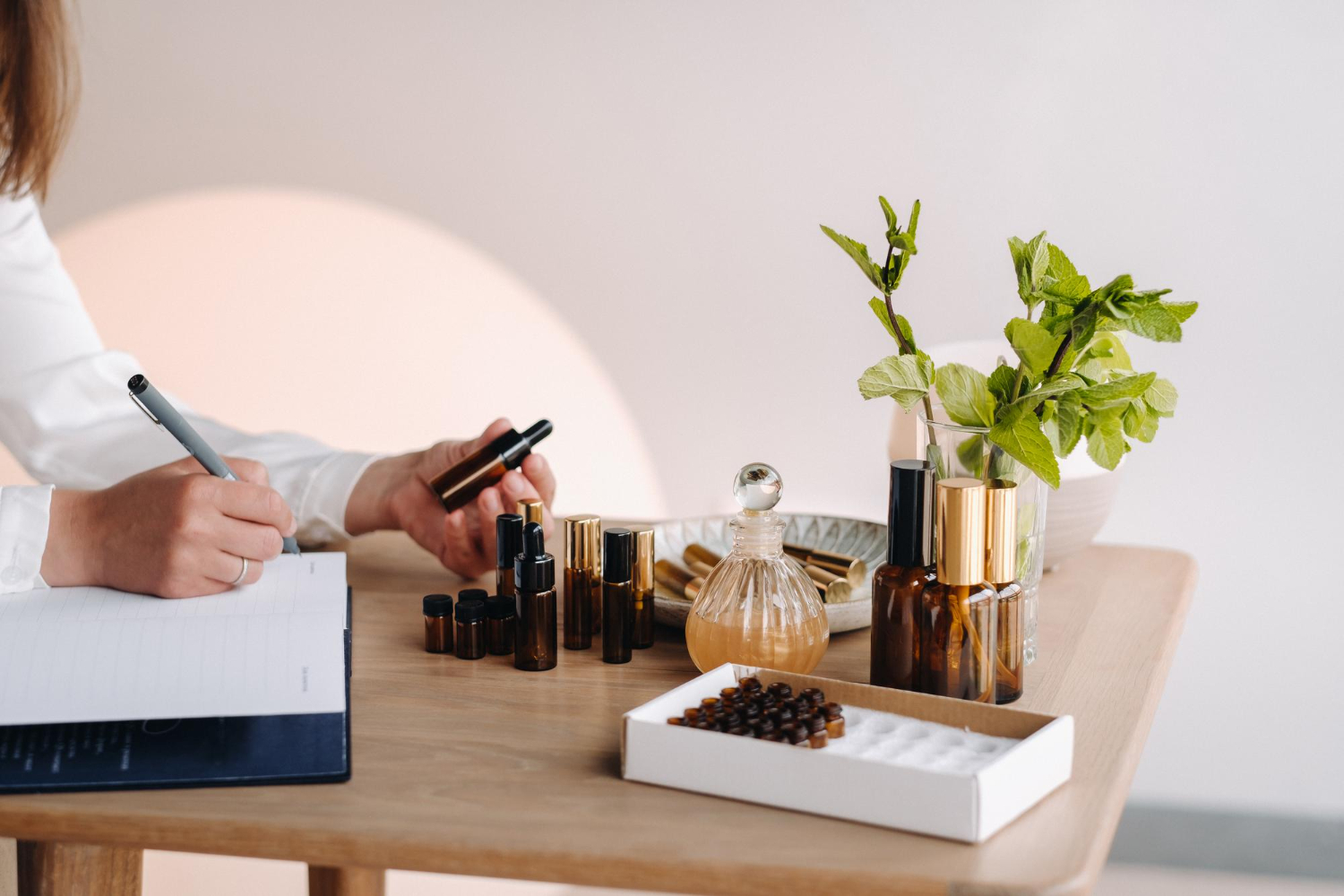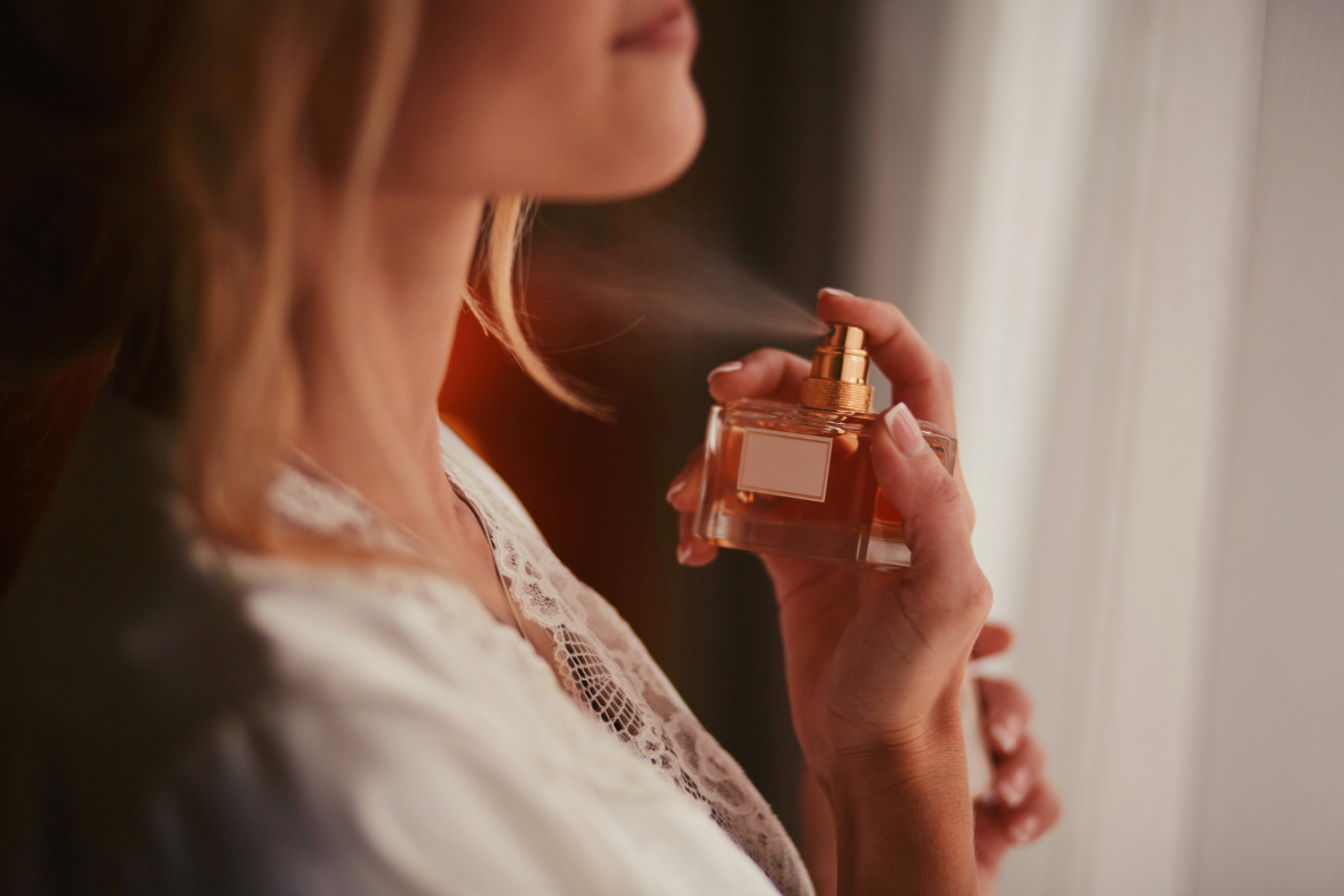Perfume is an essential accessory that complements our style and personality. It is a reflection of our identity and allows us to leave a unique olfactory imprint. So why not create your own personalized perfume at home? Here are some tips to get you started on this wonderful scented adventure.
The basics of creating a perfume
Before you start creating your own perfume, it is important to understand the basic elements that make it up. A perfume generally consists of three notes: top notes, heart notes and base notes. The top notes are the first that we perceive, they set the tone and evaporate quickly. The heart notes are the heart of the perfume, they give depth and durability to the fragrance. Finally, the base notes are the last that we perceive, they are heavy and persistent.
Use essential oils
Essential oils are the key to creating personalized perfumes. They are natural, concentrated and offer a wide variety of scents. The most common essential oils used in creating perfumes are rose, jasmine, vanilla, sandalwood and lavender. You can easily find them in specialty stores or online.
Mix notes carefully
To create a harmonious perfume, it is important to mix the different notes well. Start by adding a few drops of each essential oil to an empty bottle, respecting the proportions of the different notes. Then, gently shake the bottle to mix the essential oils. Let the mixture sit for a few days so that the different notes blend and develop.
Add alcohol and water
Once you are happy with your essential oil blend, add high alcohol content, such as vodka or rubbing alcohol. Alcohol helps fix the aromatic notes and diffuse them into the air. Also add distilled water to dilute the perfume and make it comfortable to wear.
Let it sit and refine your perfume
After adding the alcohol and water, it is important to let your perfume sit for at least two weeks. This allows the different notes to fully develop and reveal all their complexity. Don’t hesitate to test your perfume as it evolves and adjust the proportions if necessary.
Customize and experiment
Creating a perfume is a personal and creative experience. Don’t hesitate to personalize your perfume by adding a few drops of other essential oils or changing the proportions of the different notes. Show boldness and originality in your experiments!
Practical advice
Here are some practical tips for creating your own personalized perfume at home:
- Use opaque glass bottles to store your perfume, to protect it from light and heat.
- Note the exact proportions of each essential oil used, as well as the different stages of your creation process. This will allow you to easily reproduce your favorite scent.
- Don’t hesitate to ask your loved ones or friends for their opinion on your creation. Their feedback can be valuable and help you perfect your perfume.

The influence of the seasons on your perfume
When we talk about perfumes, we often consider their composition, durability and unique signature. However, there is another aspect that strongly influences our perception of a perfume: the season. The seasons have a direct influence on our choice of fragrance, but they can also influence the way a perfume develops on our skin.
The interaction with our biology
During hot months, our bodies tend to sweat more, which can change the way perfume interacts with our skin. A light, floral fragrance that seems perfect in spring can become overpowering or fleeting in summer when temperatures rise. Conversely, in winter, our skin is generally drier, which can lessen the intensity of a perfume.
The choice adapted to the season
In summer, favor light, citrus and floral scents that refresh and evoke the feeling of cleanliness. In winter, spicy, woody or oriental scents are favored because they evoke warmth, comfort and richness.
Conservation according to the season
Temperature variations can also affect the quality and lifespan of your perfume. A perfume stored in a hot, humid room in summer may have its odor altered. It is therefore essential to store your fragrances in a cool, dark place, away from seasonal variations.
Transitional perfumes
Don’t forget the shoulder seasons, like spring and fall. These periods are ideal for transitional fragrances that combine fresh notes with heavier, spicy notes. For example, a scent that combines the freshness of lemon with the depth of musk may be ideal for these transitional months.
The influence of the seasons on your perfume
When we talk about perfumes, we often consider their composition, durability and unique signature. However, there is another aspect that strongly influences our perception of a perfume: the season. The seasons have a direct influence on our choice of fragrance, but they can also influence the way a perfume develops on our skin.
The interaction with our biology
During hot months, our bodies tend to sweat more, which can change the way perfume interacts with our skin. A light, floral fragrance that seems perfect in spring can become overpowering or fleeting in summer when temperatures rise. Conversely, in winter, our skin is generally drier, which can lessen the intensity of a perfume.
The choice adapted to the season
In summer, favor light, citrus and floral scents that refresh and evoke the feeling of cleanliness. In winter, spicy, woody or oriental scents are favored because they evoke warmth, comfort and richness.
Conservation according to the season
Temperature variations can also affect the quality and lifespan of your perfume. A perfume stored in a hot, humid room in summer may have its odor altered. It is therefore essential to store your fragrances in a cool, dark place, away from seasonal variations.
Transitional perfumes
Don’t forget the shoulder seasons, like spring and fall. These periods are ideal for transitional fragrances that combine fresh notes with heavier, spicy notes. For example, a scent that combines the freshness of lemon with the depth of musk may be ideal for these transitional months.












